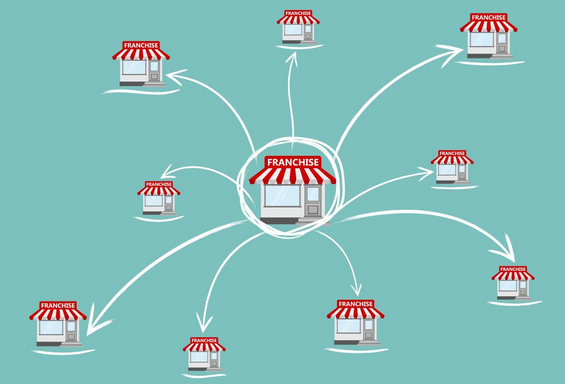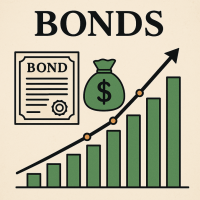However, while franchises often offer a shortcut to success, they are not without potential pitfalls.
What is a Franchise?
A franchise is a legal and commercial relationship between the owner of a trademark, brand, or business model (the franchisor) and an individual or company (the franchisee) who is authorized to operate a business using those assets. In return, the franchisee pays an initial fee and ongoing royalties based on revenue. The franchisor typically provides training, marketing support, operational systems, and product or service sourcing to ensure consistency across all locations.
Franchising is governed by a franchise agreement, a legally binding document that sets out the rights and responsibilities of both parties. This agreement usually includes terms regarding territory, duration, operational guidelines, intellectual property usage, and conditions for renewal or termination.
Business Areas Where Franchising Thrives
Franchising can be adopted across a wide range of industries. Some of the most prominent sectors include:
- Food and Beverage: Fast food, coffee shops, casual dining, and bakeries are among the most popular franchise opportunities. Global giants like McDonald’s and Subway have demonstrated the scalability of this model in the food industry.
- Retail: Clothing, electronics, health and beauty products, and convenience stores often operate under franchise models. Retail franchises benefit from brand recognition and efficient supply chains.
- Hospitality: Hotels and tourism services frequently use franchising to expand globally while maintaining standardized service levels.
- Fitness and Wellness: Gyms, yoga studios, and health clinics have increasingly adopted franchise models, fueled by growing health-consciousness.
- Education and Tutoring: Language schools, tutoring centers, and early childhood education programs have found success using franchising to reach new markets.
- Business Services: Printing, marketing, staffing, and IT support services are also part of the growing B2B franchise landscape.
How Can a Franchise Be Successful?
Success in franchising is not guaranteed, but several factors significantly improve the odds:
- Strong Brand and Proven Model: A well-known brand with a track record of profitability and consumer trust lays the foundation for success.
- Comprehensive Training and Support: Effective franchisors provide extensive training programs and ongoing operational assistance, ensuring franchisees understand the business and adhere to established practices.
- Location and Market Research: Choosing the right location and understanding the local market are critical. Even a strong brand can falter in a mismatched demographic or oversaturated area.
- Franchisee Commitment and Financial Stability: The dedication and financial readiness of the franchisee also play a pivotal role. Operating a franchise still requires entrepreneurial effort, leadership, and the ability to manage employees and meet targets.
- Adaptability and Innovation: Successful franchises adapt to market changes, customer preferences, and technology. This keeps the brand relevant and competitive.
Can a Franchise Fail?
Yes, franchises can and do fail. Common reasons include:
- Poor Location: Even successful brands can struggle in unsuitable locations lacking foot traffic or customer demand.
- Mismanagement: Ineffective local management can result in poor service, employee dissatisfaction, and lost customers.
- Inadequate Franchisor Support: Some franchisors may provide insufficient guidance or fail to update the business model in response to market shifts.
- Overexpansion: Rapid growth without proper infrastructure or market analysis can lead to internal strain and eventual closures.
- Economic Downturns: Broader macroeconomic factors, such as inflation or recessions, can reduce consumer spending and affect profitability.
Leading Franchises in Europe
Europe has a thriving franchise landscape. Some of the most successful and recognized franchises include:
- McDonald’s: A global leader in fast food, McDonald’s has maintained a strong presence across Europe with consistent branding and product offerings tailored to regional tastes.
- RE/MAX: This real estate franchise has grown extensively in Europe, leveraging a global network and strong branding in the property sector.
- Subway: With thousands of locations across the continent, Subway remains one of the largest sandwich chains operating under a franchise model.
- Ibis Hotels (Accor Group): Popular across Europe, Ibis uses a franchise model to expand its economy and mid-range hotel offerings.
- The Body Shop: Known for its ethical stance and beauty products, this retail franchise continues to grow through a combination of direct ownership and franchising.
The European Franchise Industry: Other Key Insights
The franchise industry in Europe is regulated at both national and EU levels, though there is no unified franchise law across all countries. The European Franchise Federation (EFF) promotes standards and ethics among franchisors and franchisees, ensuring that agreements are fair and transparent.
Moreover, franchising contributes significantly to employment and economic growth. According to EFF data, the sector employs millions and includes hundreds of thousands of franchisees, making it an important driver for small business development and entrepreneurship.
Final Thoughts
Franchising remains a powerful strategy for business expansion and personal entrepreneurship. It offers brand recognition, operational support, and a faster route to profitability - provided it's approached with thorough research and sound management. With successful European examples and a diverse array of industries adopting the model, franchising will likely continue its upward trajectory in the global economy.








